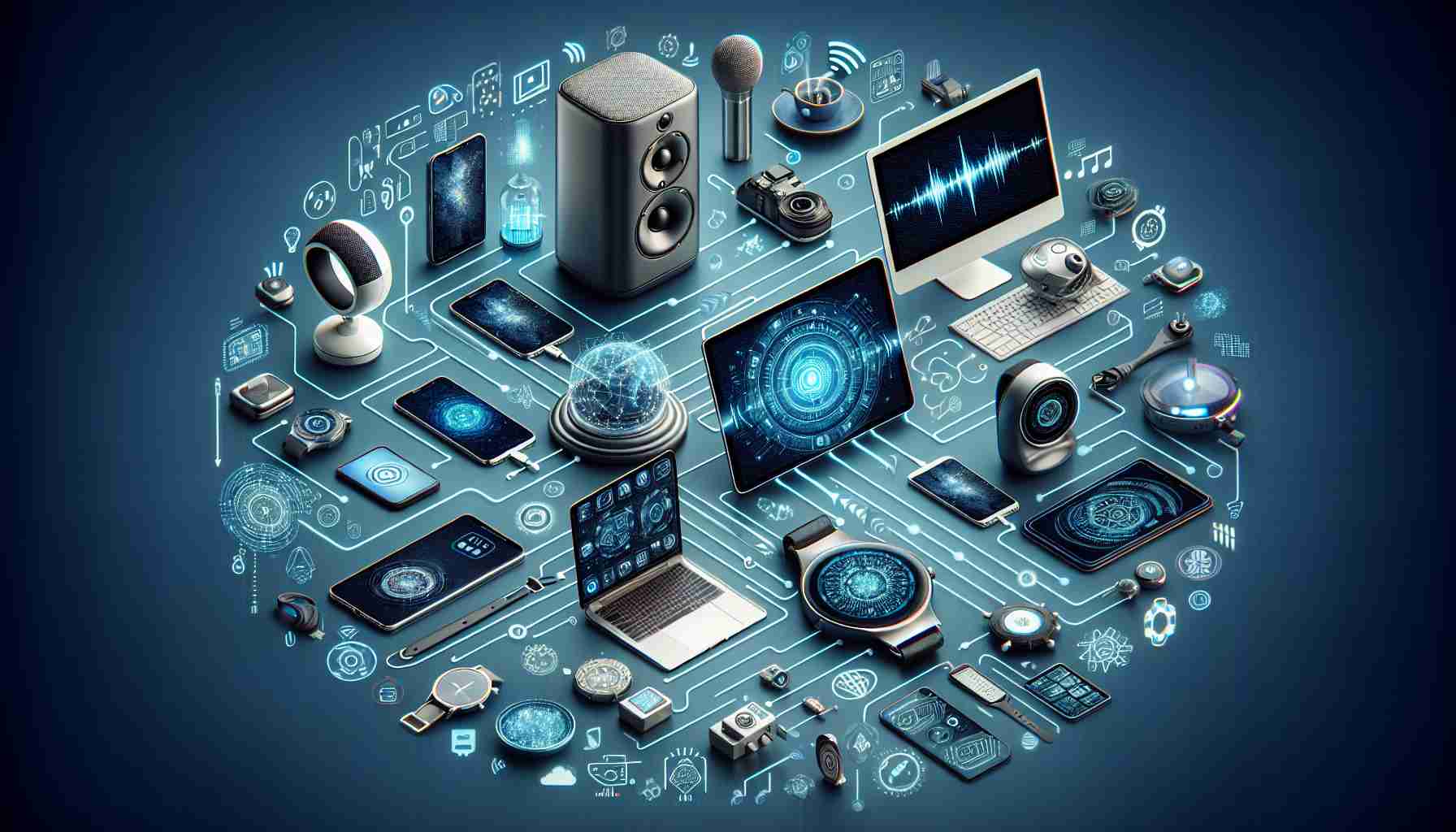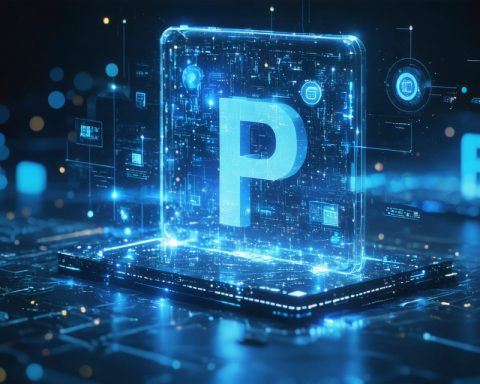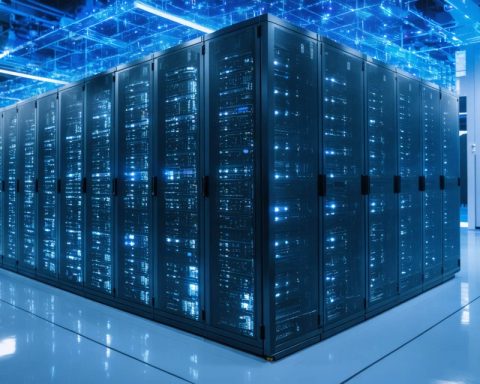Machine learning has taken the digital world by storm, not just as a buzzword, but as a pivotal technology driving innovations in artificial intelligence. But how exactly does it work?
At its core, machine learning is a subset of artificial intelligence that enables computers to learn from and make decisions based on data. Unlike traditional programming, where developers hand-code specific instructions for a task, machine learning involves feeding large amounts of data into algorithms that can identify patterns and make predictions. These algorithms improve over time, becoming increasingly accurate with each new dataset introduced.
Supervised learning, one of the most common forms of machine learning, involves training an algorithm on a labeled dataset. This means the data is accompanied by the correct answers, allowing the model to learn the relationship between the input and output. For example, in image recognition, an algorithm is trained with labeled images to identify different objects within them.
On the other hand, unsupervised learning deals with unlabeled data. Here, the algorithm explores data to find hidden patterns or intrinsic structures in input data. Techniques such as clustering and association fall under this category, enabling, for instance, customer segmentation or recommendation systems.
Moreover, reinforcement learning focuses on training algorithms to make a sequence of decisions by rewarding desired behaviors and punishing undesired ones. This approach is key in developing systems that play games or manage real-time decision-making environments.
Understanding how machine learning works is essential as it increasingly becomes the backbone of modern technological advancements, shaping the way we interact with the digital world. As it continues to evolve, its impact on industries and everyday life is set to grow, making it a fascinating field to delve into.
The Hidden Impacts of Machine Learning: How It’s Reshaping Society
As machine learning technology continues to evolve, its subtle yet transformative effects are permeating various facets of our lives beyond mere technological advancements. This powerful tool extends its influence over diverse sectors, from healthcare and finance to environmental conservation and personal privacy.
Healthcare Transformation: Machine learning is revolutionizing healthcare by enhancing diagnostic accuracy and predicting patient outcomes. Predictive analytics algorithms are being used to analyze vast datasets collected from medical imaging and electronic health records, enabling earlier interventions and personalized treatment plans. This not only improves patient care but also reduces costs associated with misdiagnoses and unnecessary testing.
Financial Industry Overhaul: In finance, machine learning algorithms are crucial in fraud detection and algorithmic trading. By identifying unusual patterns in transaction data, these systems help safeguard individuals and institutions against financial crime, thereby boosting consumer confidence. Additionally, they enable more efficient and effective trading strategies, driven by market pattern recognition.
Environmental Benefits: Machine learning also plays a pivotal role in tackling environmental issues. Algorithms analyzing satellite images can detect deforestation and monitor wildlife, facilitating more effective conservation efforts. Smart energy management systems use machine learning to optimize energy consumption, contributing to sustainability goals.
However, the integration of machine learning in daily life raises ethical concerns. Privacy implications arise from analyzing sensitive personal data without explicit consent. The potential for algorithmic bias poses a risk of perpetuating existing societal inequalities if not carefully managed.
For an insightful exploration of machine learning applications and their broader societal impacts, check resources like IBM and Tesla which are leading innovation fronts in this domain.







